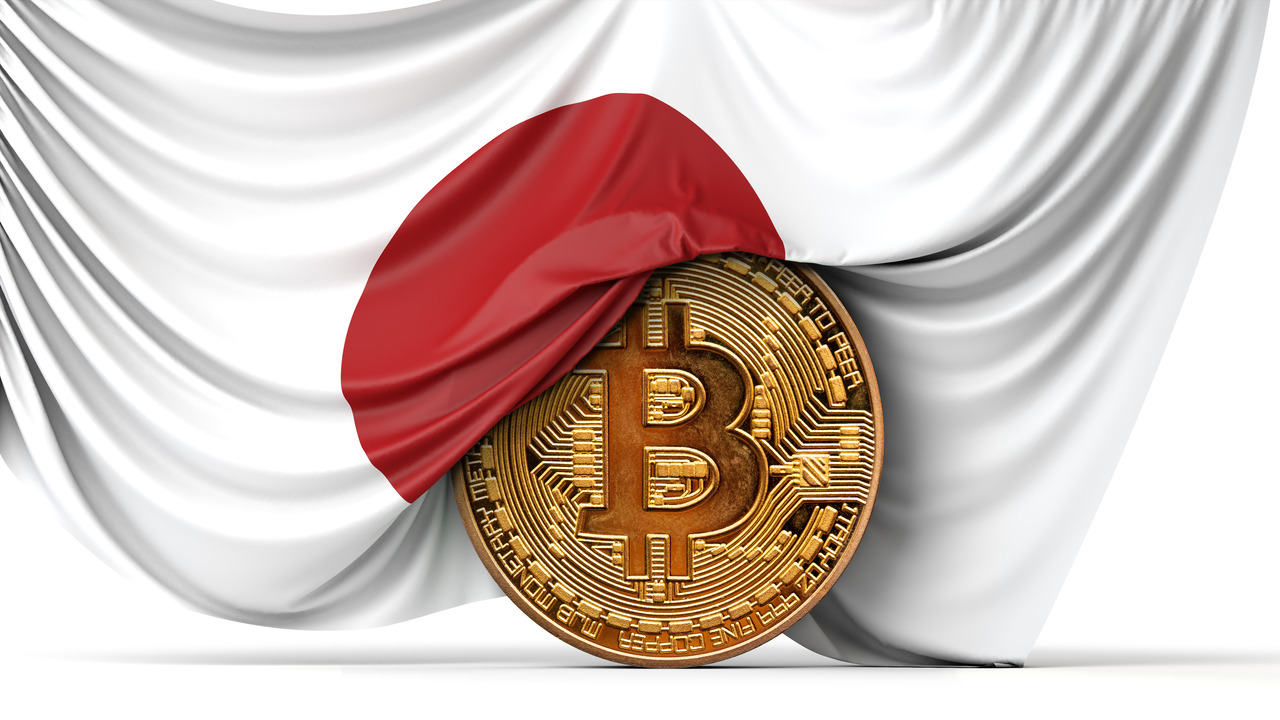Japan Considers Allowing Banks to Offer Crypto Trading Services
Japan Considers Allowing Banks to Offer Crypto Trading Services
By
David Goldfarb
Last updated:
October 22, 2025
First Published:
December 2, 2025

Photo: Watcher Guru
A bold step toward financial modernization
Japan is preparing to take a transformative step by allowing major banking groups to offer cryptocurrency trading and custody services. This consideration by Japan’s Financial Services Agency could reshape the nation’s financial sector, creating new bridges between traditional banking and digital asset markets. If approved, the move would make Japan one of the first advanced economies to fully integrate crypto into its mainstream banking infrastructure.
A sign of growing confidence in digital finance
The proposal follows years of cautious observation by Japanese regulators. After a series of exchange hacks in the past decade, Japan strengthened its oversight of digital assets and became one of the most secure markets for crypto operations. The fact that regulators are now exploring direct participation by banks suggests a growing trust in the stability and maturity of the crypto ecosystem.
Why banks are entering the digital race
Japanese banks are facing a long period of ultra-low interest rates, shrinking profit margins, and an increasingly digital customer base. By introducing crypto services, these institutions could diversify their income streams and attract younger clients. Many financial experts see this as a strategic response to global trends, where traditional banking institutions are evolving into digital-first service providers.
The push from industry innovation
Several Japanese fintech companies have already demonstrated the potential of blockchain-based payment and investment platforms. Banks now want to replicate that success on a larger scale by offering crypto trading directly within their existing client networks. This integration could make it easier for consumers to buy, hold, and manage digital assets using the same accounts they use for fiat transactions.
Balancing innovation with protection
While the opportunity is promising, Japan’s regulators are not taking the decision lightly. Strict capital requirements, anti-money laundering protocols, and investor protection rules would still apply to any bank entering the crypto space. Authorities are studying how to balance innovation with safety, ensuring that consumers can enjoy the benefits of digital assets without exposing the financial system to unnecessary risks.
Global ripple effects of Japan’s move
If Japan goes through with this plan, it could set a precedent for other nations. Many Asian and European regulators are watching closely, as traditional banks in their own countries are also exploring crypto partnerships. Japan’s credibility in global finance makes its decisions influential, potentially encouraging a wider acceptance of digital assets within institutional frameworks.
The challenge of bridging two systems
Merging the legacy banking model with decentralized asset management is not without its complexities. Banks must update their technological infrastructure to support blockchain operations while maintaining compliance with conventional banking laws. Security will be a top priority, especially given Japan’s history of large-scale cyber thefts targeting crypto exchanges.
The rise of digital asset diversification
Beyond cryptocurrencies like Bitcoin and Ethereum, banks may also venture into stablecoins, tokenized bonds, and blockchain-based remittance services. These innovations could redefine how cross-border transactions and asset settlements are conducted, making the Japanese financial market more dynamic and globally integrated.
Investor optimism and cautious anticipation
Local investors and analysts have responded with cautious optimism. Many believe that bank-led crypto services could reduce the stigma surrounding digital currencies, promoting mass adoption. However, some warn that rapid integration without adequate consumer education could lead to speculative excesses similar to those seen in previous bull markets.
A potential turning point for the financial world
Japan’s consideration of crypto trading within its banking system reflects a deeper transformation taking place in global finance. The boundaries between digital and traditional assets are dissolving, paving the way for a hybrid future. Whether Japan becomes a model for successful integration or a cautionary tale will depend on how thoughtfully regulators implement this new vision.
Popular articles
Subscribe to unlock premium content
Disney’s Timeless Magic and How the Entertainment Giant Continues to Shape Culture and Innovation

Imran Khan’s Economic Missteps Amid Political Chaos in Pakistan

The Philippines’ Digital Shift How Remittances and BPO Are Fueling Growth

Disney’s Timeless Magic and How the Entertainment Giant Continues to Shape Culture and Innovation

Imran Khan’s Economic Missteps Amid Political Chaos in Pakistan

Disney’s Timeless Magic and How the Entertainment Giant Continues to Shape Culture and Innovation









